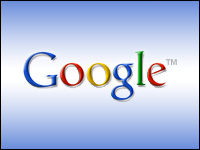
September is shaping up to be a crucial time for the future of Google’s much-vaunted digital library.
The month has already seen a flood of briefs on a proposed settlement in the lawsuit filed by authors and publishers over Google’s effort to digitize the world’s books. Next week, the U.S. Justice Department is expected to weigh in on whether it thinks Google’s efforts are anticompetitive.
Whatever the outcome of the settlement currently before U.S. District Judge John E. Sprizzo, it’s unlikely to end the raging debate — or the legal maneuvering — over Google’s effort.
“This could be a lifetime career for many,” Peter Vogel, who heads the Internet and computer technology practice at Gardere Wynne Sewell, told the E-Commerce Times.
The Story So Far
The Authors Guild, which advocates on behalf of writers on copyright and contract issues, sued Google in 2005, accusing the Internet giant of copyright infringement for digitizing books and posting portions on the Internet without the copyright owner’s consent. Publishers filed a separate lawsuit.
In October 2008, Google and the authors and publishers announced a settlement in which Google would pay US$125 million to establish a book rights registry and pay existing claims by authors. The settlement would give Google the ability to proceed with the project, including scanning, posting and selling digital copies of books.
Raft of Objections
Tuesday was the last day to file briefs for Sprizzo to consider in evaluating the proposed settlement before an Oct. 7 hearing at which he could give his approval, reject the settlement or recommend changes.
The briefs run the gamut from support to downright hostility.
Nicholas Negroponte, a Wired magazine founder and author, and Harvard law professor Charles Nesson — who was in the news recently for defending a college student against RIAA copyright infringement claims, were among those who filed objections.
They argue Google would unduly profit from selling works that are still protected under copyright but whose rights owners cannot be found.
“In this proposed settlement, the Authors Guild has acted solely to maximize the amount of money paid to its members; it has failed to represent authors who support a creative commons, and thus has injured the public domain and limited the rights of its users,” they wrote in their brief to the court.
The Free Software Foundation also objected, arguing that counter to Google’s claim that the settlement will increase universal access to knowledge, the program actually violates free distribution licenses, in part by displaying only part of the license and the licensed work.
The system also puts an undue burden on rights holders who want their documents to be freely distributed to make sure that Google is not profiting from them or restricting access to them, according to the association’s brief.
The Internet Archive, which is working with Yahoo on its own digital library of public domain books, said the agreement would shut down competition and make Google unchallengeable as a competitor.
“The effect of the settlement would be simply to give Google an enormous bundle of rights unavailable to anyone else,” the organization wrote in its brief.
Even the government of France protested, saying the settlement violates that nation’s long-standing regard for a free-wheeling cultural marketplace. The European Union has also made its objections known.
However, not everyone is opposed to the settlement.
Among others, a group of antitrust and economics professors filed briefs saying the deal would expand the availability of out-of-print books, clarify who owns the rights to in-copyright books and let rights holders decide how their books are handled.
Turning the Page
The judge will review the briefs and could choose to make recommendations based on the briefs for how, if at all, the agreement should be modified, said Vogel.
He does not have the power to change the settlement on his own, but he could throw it out and tell the parties to go back and negotiate a new deal in light of all the objections filed, Vogel said.
Even if the agreement is accepted, other parties could sue, claiming the settlement unfairly excluded them. That could prolong the litigation for years, Vogel said.
Going slow on such a momentous change may not necessarily be a bad thing, said Raymond Van Dyke, a partner in the Virginia law firm Merchant & Gould.
“Google’s breathtaking dominance in the conversion of content worries many, including their competition, understandably so,” he told the E-Commerce Times.
“The efforts by Google, although in one sense laudable, are heavily problematic in many other ways, and considerable thought and consideration must be made to everyone’s rights — that is, the writer’s, the reader’s, the public’s and the world’s — before we entirely embrace the new,” Van Dyke concluded.






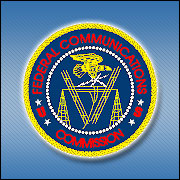


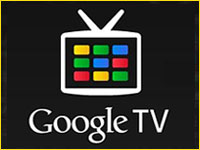
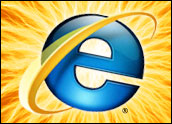
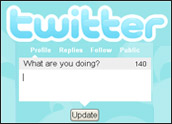

































Social Media
See all Social Media